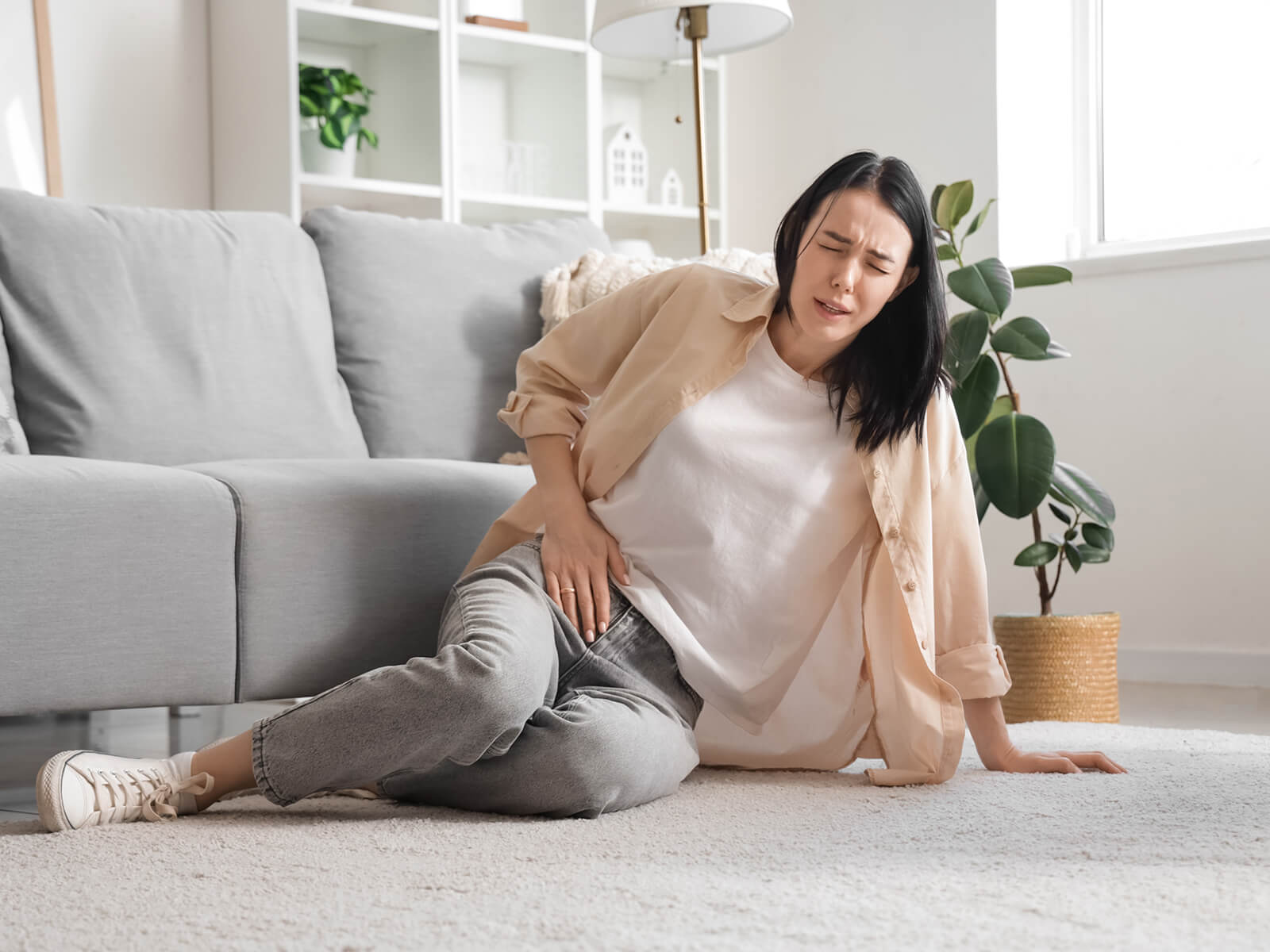
Bowel habit Shifting of bowel habit is a change in your poop habit. This can be referred to as the frequency of the visit, the analysed of what you stool or the feeling of passing of the said stool. It could result in your diarrhea, constipation and both. The changes in the majority of cases are temporary ones and the physician should observe the long-term symptoms in the case.
Here's what to watch for:
Many things can contribute to a change in the bowel habits:
The second diagnosis and treatment of bowel habit change in GastroDoxs that interests us is the intermittent pain or chronic diseases including IBS and IBD. The employees of the Houston location use the latest diagnostics and work out the personal treatment plans that may be the optimisation of the nutrients and probiotics and stress-reduction plans, new approaches to treatment, and so on. We do believe in caring and patient-centered care and you would be left in a relaxed and confident mood about the state of your digestive system.
Book an Appointment today and see one of our gastroenterology specialists in Houston and start living a long-term pain free life.
We've successfully treated more than 3.2K patients, helping individuals improve their digestive health and overall well-being through expert, personalized care.
With over 20 years of experience, GastroDoxs has been a trusted provider of gastroenterology care, focusing on delivering the best outcomes for patients
Call a specialist during the period of more than two weeks that you have the symptoms, or, when you have blood in your stool, or when you cannot explain sudden unexplainable loss of weight, or persistent pain in your stomach.
Yes. The stress and the anxiety will disrupt the brain-gut axis that will result in the formation of diarrhea, constipation or alternate bowel movements.
The potential diagnosis of the atypical cases is also the colon cancer as the long-term changes such as the bloody diarrhea and acute pain may also be the potential symptoms of the specified condition and can be considered as soon as possible with the physician.
Change of bowel habits (R19.4) is an ICD-10-CM code whose implementation is applied whenever a diagnosis and billing occur.
Begin with your primary care physician. In order to further get an assessment in case of persistent and severe symptoms, you will be linked to a gastroenterologist in Houston.
Any alteration in the bowel habits over a period of above two weeks will be reported to the physician in order to rule out the existence of underlying severe causes.
Probiotics could be applicable in the substitution of healthy gut flora particularly when antibiotic therapy has been carried out or showing the condition of IBS but not all can respond and strain selective.
Nevertheless, it is conditional upon the cause, yet the symptoms may be managed through the increase or decrease of the content of fibers in it, rehydration by drinking water, and the avoidance of trigger food.
Your doctor may order a blood test, a stool test, imaging (CT scan) or colonoscopy to identify an infection, inflammation or some other issue.
Drugs (e.g. antibiotics, NSAIDs) can alter the gut motility or flora. One should never forget to inform his or her doctor of all medications and supplements that they are taking.